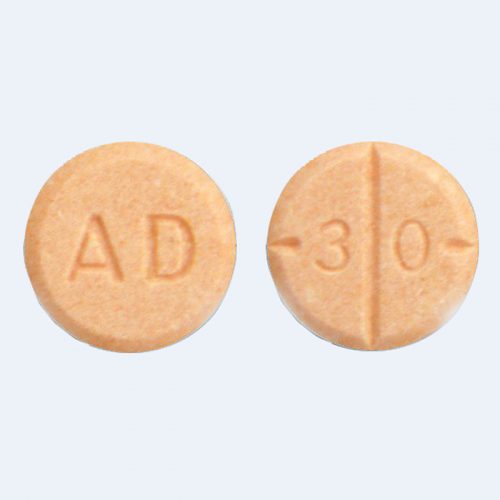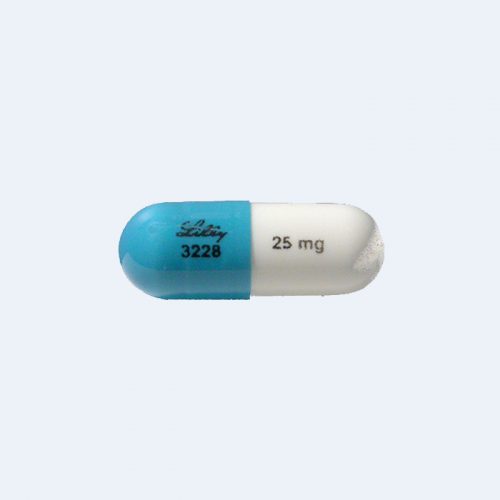ADHD
Attention-deficit/hyperactivity disorder (ADHD) is a mental disease characterized by a number of unpleasant symptoms, such as forgetfulness, inability to complete tasks, hyperactivity, difficulty concentrating and others.
There are certain medications that can help adults and children reduce these symptoms, but their treatment approaches may vary. Nowadays, patients can take a range of pills to treat ADHD, but it’s advisable to talk to doctors to determine the right option.
Stimulants are often prescribed by physicians to treat this disorder, and they’re often called CNSs. These drugs work by boosting the amount of such hormones as norepinephrine and dopamine in people’s brain, because this effect reduces fatigue and improves their concentration.
Patients can take non-stimulants to treat ADHD too, and these drugs affect the brain in a different way compared to stimulants. They also work by affecting neurotransmitters, but they never increase the levels of dopamine. That’s why it takes a bit longer to see the positive results of their intake. All of these medications are available in several classes chosen by doctors.
Showing all 2 results


